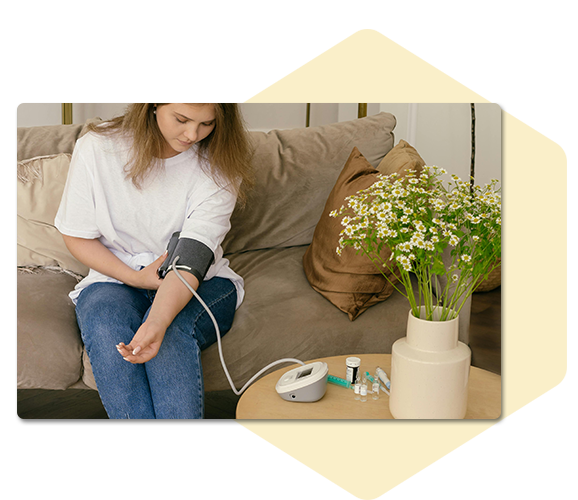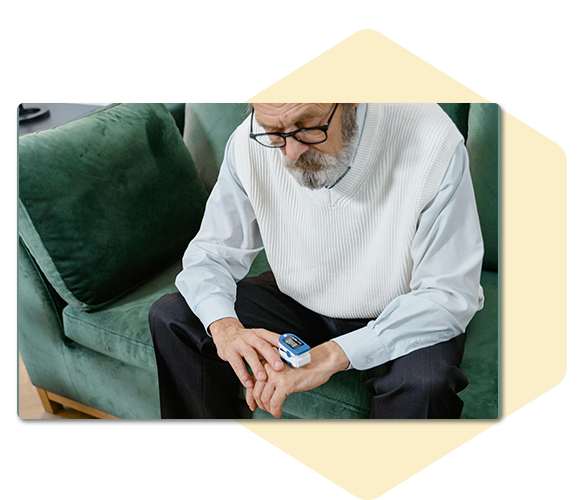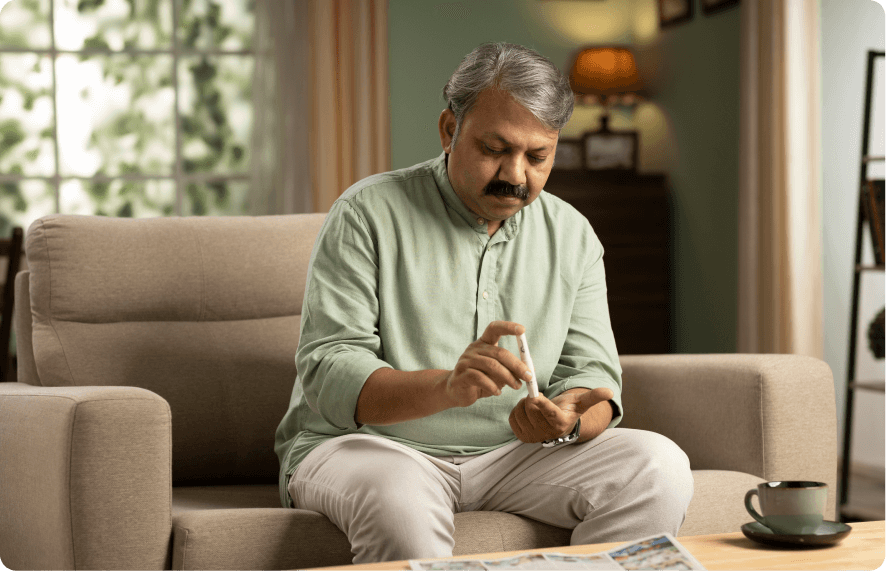How remote patient monitoring
drives better clinical outcomes.
Improved Patient Outcomes
Early Detection and Intervention: RPM enables continuous tracking of vital signs, allowing healthcare providers to detect anomalies early and intervene before conditions worsen. For example, monitoring blood glucose levels in diabetic patients can help prevent severe complications.
Personalized Care: With real-time data, clinicians can tailor treatment plans based on a patient’s specific health trends rather than relying on infrequent office visits.


Enhanced Patient Engagement
Empowerment: Patients gain greater control over their health through direct access to data, encouraging proactive health management.
Behavioral Change: Frequent reminders and feedback can reinforce positive health behaviors, such as medication adherence or regular exercise.
Convenience for Patients
Reduced Hospital Visits: Patients can receive care at home, eliminating the need for frequent trips to clinics or hospitals, which is particularly beneficial for those with mobility challenges or living in remote areas.
Less Disruption: Patients can maintain their daily routines while being monitored, making care less intrusive and more sustainable.


Cost Savings
Lower Healthcare Costs: By preventing hospitalizations and reducing emergency room visits, RPM helps lower overall healthcare expenditures.
Efficiency Gains: Clinicians can manage larger patient populations effectively by focusing attention on patients with emerging risks, optimizing resource allocation.
Support for Aging Populations
Aging in Place: RPM allows elderly individuals to stay in their homes longer, promoting independence while ensuring their safety.
Caregiver Integration: Many RPM systems allow caregivers to access patient data, fostering collaborative care.

